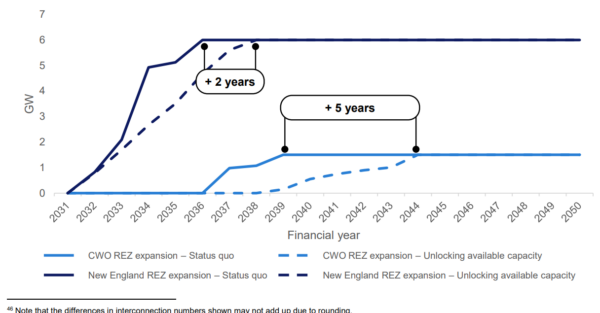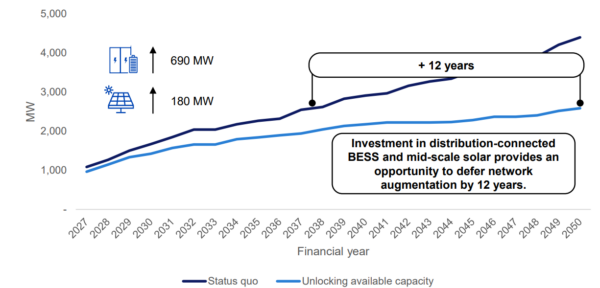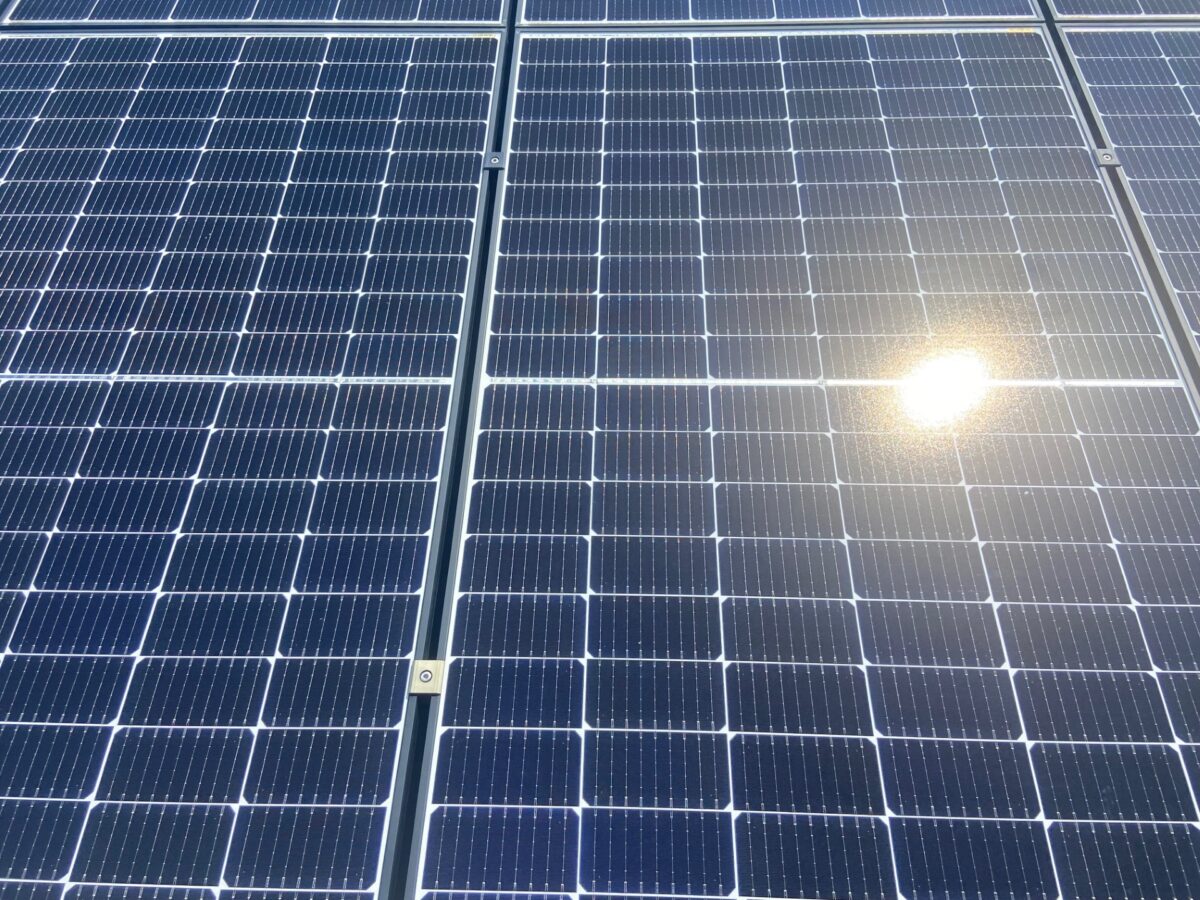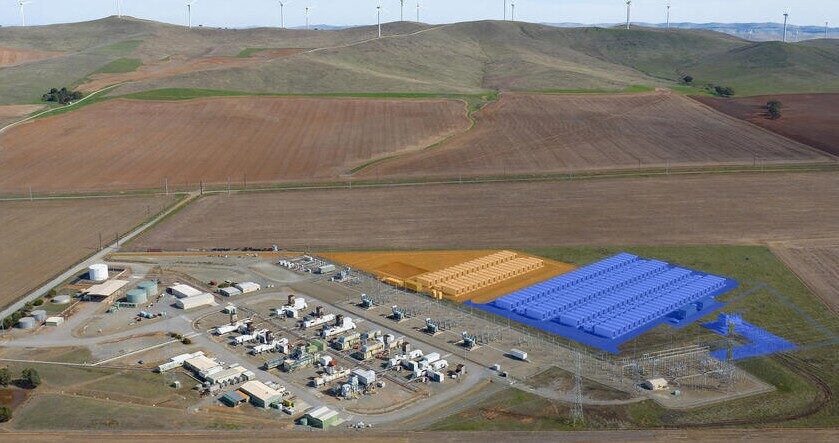New South Wales (NSW) energy distributors, Ausgrid, Endeavour Energy and Essential Energy, have collaborated on the state’s first distribution system plan (DSP) which they say can sustain five years of energy transition momentum, while waiting for critical transmission infrastructure to be built.
The modelling identifies three key areas which include how to fully leverage and optimise the state’s existing distribution network to meet future energy needs, which could unlock $2 billion (USD 1.3 billion) to $4.3 billion in value using available network capacity, and integrating consumer energy resources (CER) such as rooftop solar, batteries, and electric vehicles (EVs).
Three scenarios
Three scenarios in the DSP explore how benefits would vary under uncertain future conditions. The first is Customer Transformation where decarbonisation progresses quickly, but transmission projects are delayed, the second, Falling Short, reflects a future that decarbonises slowly putting constraints on new generation and transmission project growth.
The third scenario, Optomistic Case, is similar to Customer Transformation, but supply-side assumptions align with the Australian Energy Market Operator’s (AEMOs) Step Change scenario with ideal infrastructure delivery and no build-out delays or annual generation build limits. It assumes stronger policy support, effective coordination and smooth delivery of the optimal development path.

Image: Ausgrid, Endeavour Energy, Essential Energy
Ausgrid External Affairs and Strategy Group Executive Tim Jarratt said the plan also provides a two-to-five-year buffer to the energy transition timeline, ensuring a smoother, more orderly, and resilient shift.
“The DSP is an Australia-first roadmap that finally shines a light on the ‘missing middle’ – our distribution networks,” Jarrett said.
“It proves that by using our existing assets smarter, we can deliver billions of dollars in value, significantly de-risk the transition, and buy up to five years of breathing room while critical transmission infrastructure is built.”

Image: Ausgrid, Endeavour Energy, Essential Energy
Endeavour Energy Future Grid and Asset Management General Manager Colin Crisafulli said optimising the grid would maximise the value of consumer resources like solar, batteries, and electric vehicles.
“We’re not just waiting for major transmission to be built, we’re actively transforming today’s network into a dynamic, flexible platform that coordinates consumer energy resources in real time,” Crisafulli said.
“This reduces system pressure, accelerates clean energy integration, and lowers costs for all customers.”
Crisafulli added the modelling shows that pushing storage deeper into the distribution network and finding customer centric ways of coordinating consumer energy resources can defer expensive network upgrades by as much as 15 years.
“A proactive, network-led approach could also fast-track EV adoption by half a million vehicles in NSW, a huge leap forward for faster transport decarbonisation,” Crisafulli said.

Image: Ausgrid, Endeavour Energy, Essential Energy
Essential Energy Customer and Corporate Affairs Chief Annie Pearson said the report also highlights broader areas of reform that need to be addressed to ensure benefits and costs are shared fairly across NSW communities.
“It is vital that we put our communities first, supporting them in their choice around energy resources, while providing everyone with the opportunity to participate in and benefit from a cleaner, fairer energy system,” Pearson said.
“This means accelerating reforms regarding the cost allocation of the transition, the role of shared infrastructure, like community batteries, and how to co-ordinate new industries, like data centres.”
This content is protected by copyright and may not be reused. If you want to cooperate with us and would like to reuse some of our content, please contact: editors@pv-magazine.com.









By submitting this form you agree to pv magazine using your data for the purposes of publishing your comment.
Your personal data will only be disclosed or otherwise transmitted to third parties for the purposes of spam filtering or if this is necessary for technical maintenance of the website. Any other transfer to third parties will not take place unless this is justified on the basis of applicable data protection regulations or if pv magazine is legally obliged to do so.
You may revoke this consent at any time with effect for the future, in which case your personal data will be deleted immediately. Otherwise, your data will be deleted if pv magazine has processed your request or the purpose of data storage is fulfilled.
Further information on data privacy can be found in our Data Protection Policy.